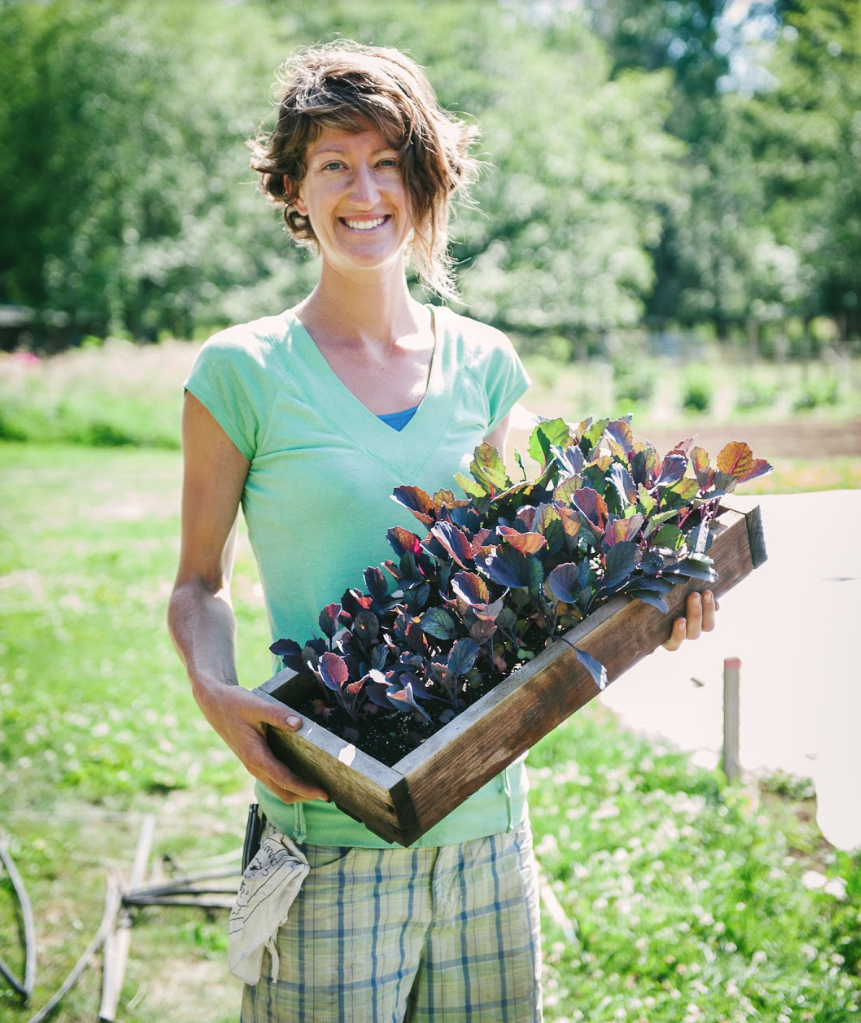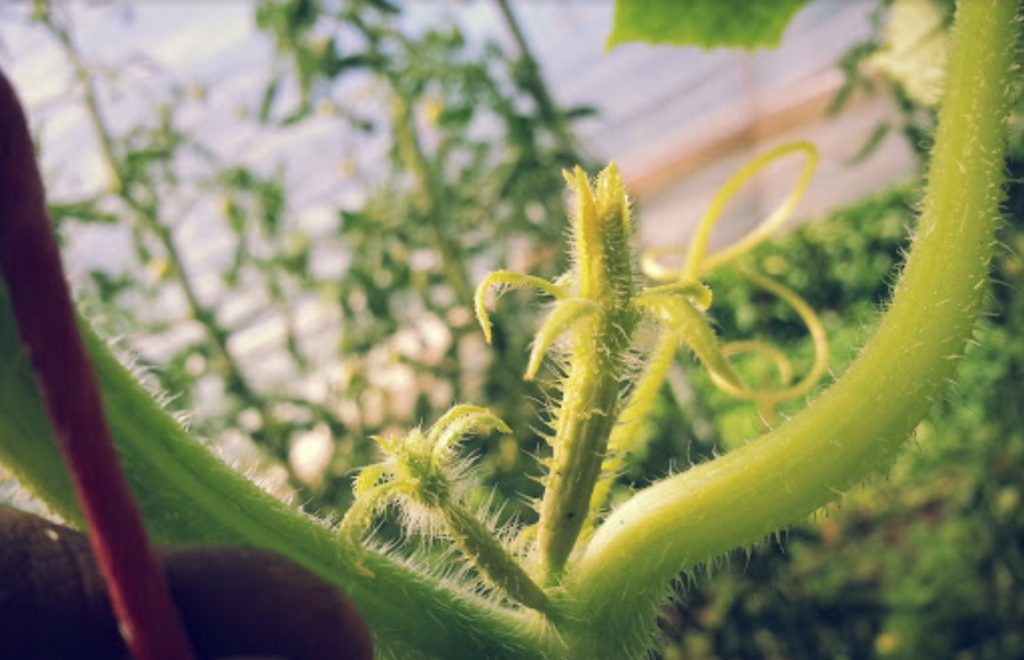Taste and See
Creation, Creation Care , Health , StewardshipContributed by: A Rocha
By Lindsay Vander Hoek – former Assistant Farm Manager at A Rocha
As a little girl I often dreamed about going to help the ‘starving children in Ethiopia’. As a 13 year old, I went to serve a meal in downtown Edmonton to ‘hungry’ people who fought for servings of overcooked broccoli (of all things!).
At age 30 I found myself working with a small community centre in the Downtown Eastside of Vancouver. The 400 meals a week we provided to our community members were mostly made from food that otherwise would be tossed in the dumpsters of grocery and convenience stores.
Many times through my life, I’ve heard about and seen people who are hungry or lack healthy food, and this had a great impact on me.
One of the reasons I love the Christian faith is that we have a God, (Maker, Creator, Provider) who LOVES creation. A God who knows, loves and delights in the chatter of a community meal, the fragrance of a flower or the orange-ness of a carrot.
The very act of our immense and unimaginable God becoming flesh, demonstrates the importance of the material world. This isn’t some “pie in the sky spirituality.” This is spirituality grounded in things we can feel, hear, taste, see and smell.
Demonstrated through Jesus’ actions, our God gives us freedom to be aware of the relationships around us, and to nurture them in love.
This makes me question our treatment of the food we consume: where it comes from, how and who produces it, and even how and with whom we eat it. Because that food, and the soil it grew in, is a part of the network of relationships our God loves.

I also question the immense quantity of food our culture seems to think we need, demonstrated by the sheer amount displayed in grocery stores – and the amount going to dumpsters (or the mouths of those living in poverty and homelessness).
There are many discussions to be had about the process our produce, meat and dairy go through before arriving on our plate. I do not claim to have one answer for how this should be done.
I DO have questions regarding en-mass food production and the effects on our environment from human-made chemical inputs, transportation or labor practices. How should our actions affect this ‘material world’ (the soil, the plants, people etc.) our Creator cares for?
I am so grateful for my time with A Rocha’s Sustainable Agriculture program: to have seen the abundance from a seemingly small plot of land growing veggies without synthetic fertilizers or pesticides / herbicides.
After spending over a year with Farmer Paul, I learned (and am still learning) the art of generosity. The work of many hands, seeking to know and care for the land, creates an amazing amount of healthy produce.
Often it seems that farmer’s market produce, organic veggies, or joining a CSA is reserved for those in society who can afford it. Meanwhile those with less money must settle for the “cheaper” processed, mass-produced, prepared ‘foods’.
This does not need to be the norm (nor can it continue to be), if we are going to care about all relationships.

Perhaps you are interested in continuing to explore how far your food travelled to come to you. Or ask how to care for the people who grow your produce. You might also deepen your awareness of how sacred the created world is.
I challenge you to get to know your food by asking questions. In doing so, you are taking a step in caring for creation.
Knowing our food is not an ‘environmentalist’ act – it is an acting out of our faith.
Lindsay Vander Hoek is ever finding ways to combine her love for sustainable agriculture, holistic health, and delighting in God’s creation. Lindsay has tended the farm at A Rocha’s Brooksdale Environmental Centre as a volunteer and staff member. We are grateful for Lindsay’s thoughtful and compassionate approach to every person and place she meets.
Original article found at: https://arocha.ca/taste-and-see/

